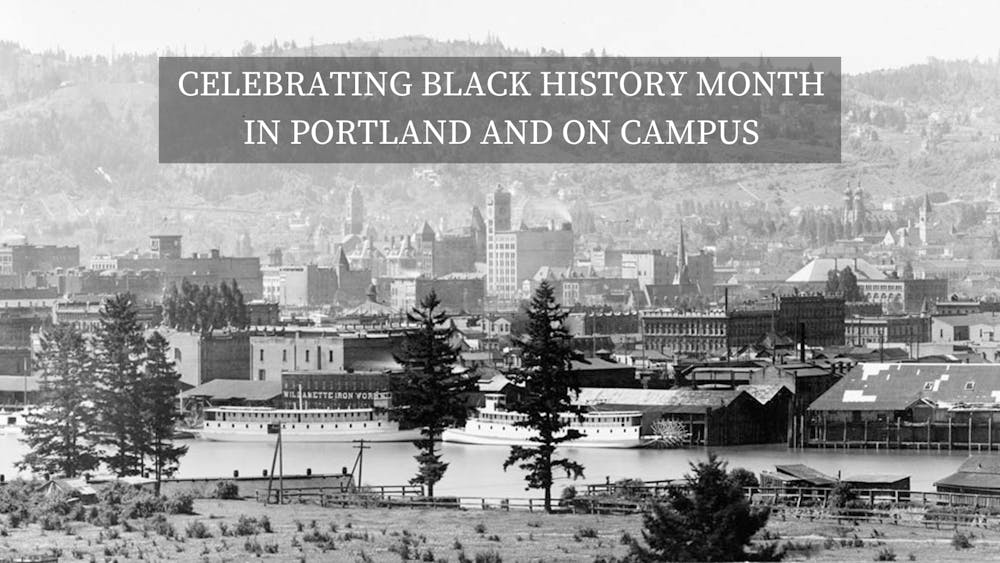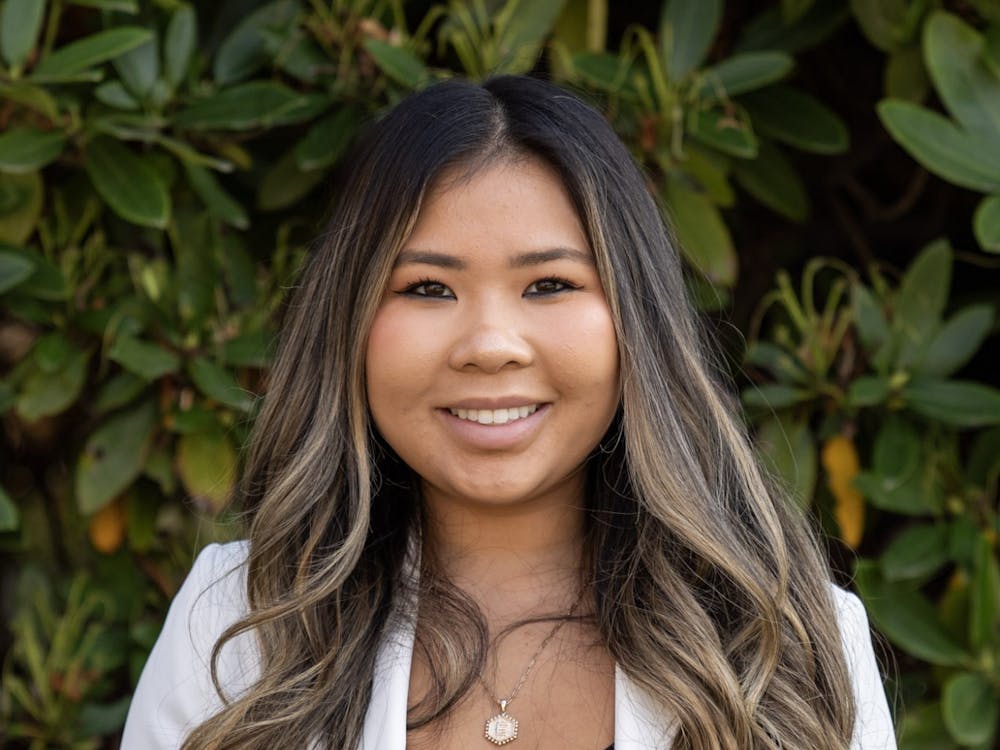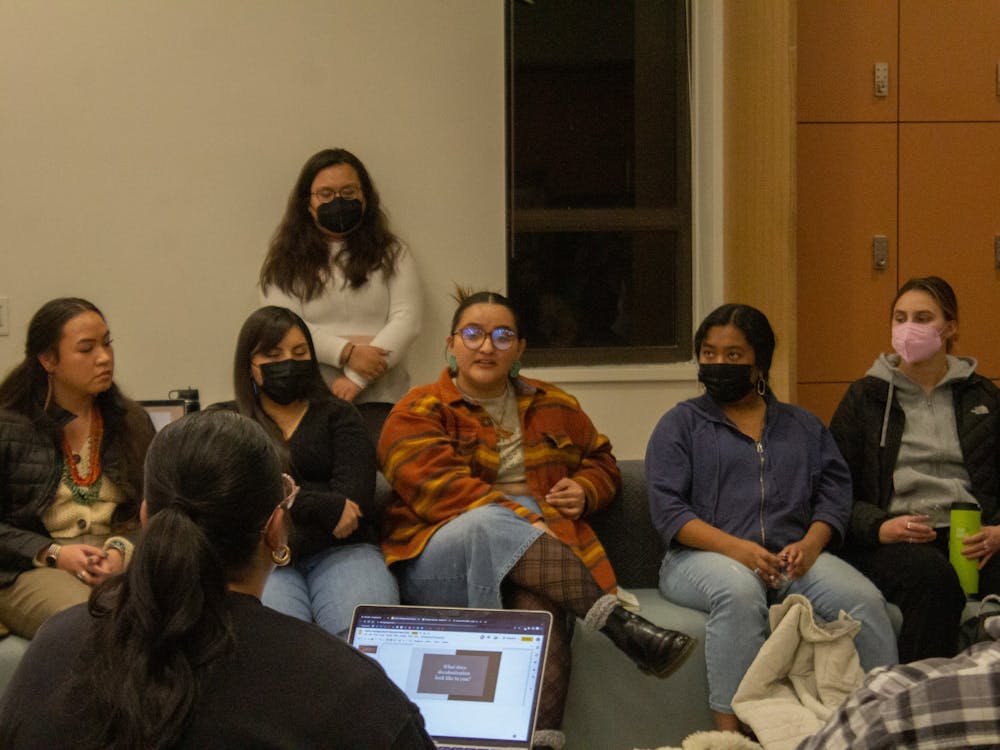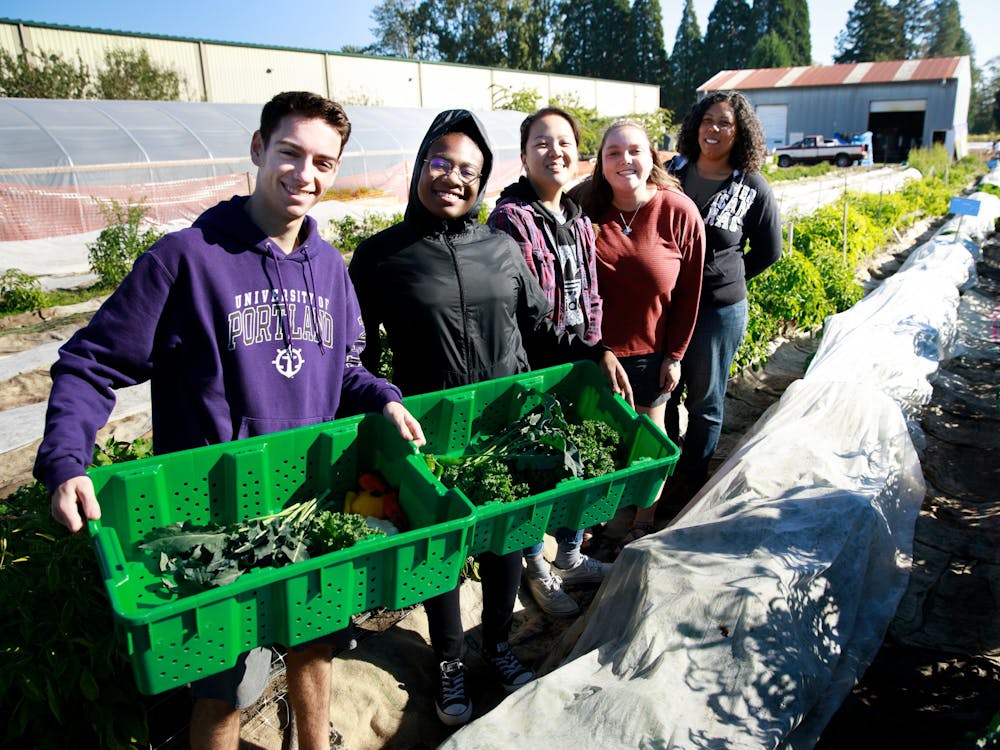If you’ve lived in Portland long enough, chances are you’ve cheered on the Trail Blazers at the Moda Center or spent afternoons playing in a sports tournament at Delta Park.
But did you know that the locations of the Moda Center and Delta Park were once home to the Black communities of Albina and Vanport? The Albina neighborhood, which is still around today, was partially destroyed to make way for an I-5 expansion and the creation of the Rose Quarter. Vanport, which grew rapidly due to Portland’s segregationist policies, was wiped away by a flood in 1948.

But why should students at UP care? Even as Black History Month comes to a close, members of the UP community should understand the history of the city that they live in. Oftentimes, it becomes too easy to think of Portland as a progressive utopia and ignore Portland’s historic and ongoing racism against Black communities.
“The state of Oregon was formed through explicit white supremacy,” Amy Ongiri, director of ethnic studies, said. “It sought to keep African-Americans out even while they were already here.”
In the face of discrimination, many local organizations have resisted racism in creative ways. The Vanport Mosaic, for example, preserves the memory of Vanport through artwork exhibits, festivals and a collection of oral histories. When it comes to community organizing, The Urban League of Portland provides local Black communities with many services including healthcare, education and civic engagement programs.
“This community resists and persists even when people have been trying to get rid of it from the beginning,” Ongiri said. “It resists and persists in ways that are really beautiful.”
North Portland Civil Rights Immersion
It can be difficult to find opportunities to experience local history firsthand. Luckily, there are also opportunities on-campus that allow students and members of the UP community to learn about Black history in Portland.
For students, the Moreau Center’s North Portland Civil Rights immersion helps participants experience and learn about the realities Black communities in Portland face today. According to Tshombé Brown, the Moreau Center’s former Program Manager of Community Partnerships, the immersion trip was conceived out of a need to help UP students gain an understanding about Black history, culture and organizing in Portland.
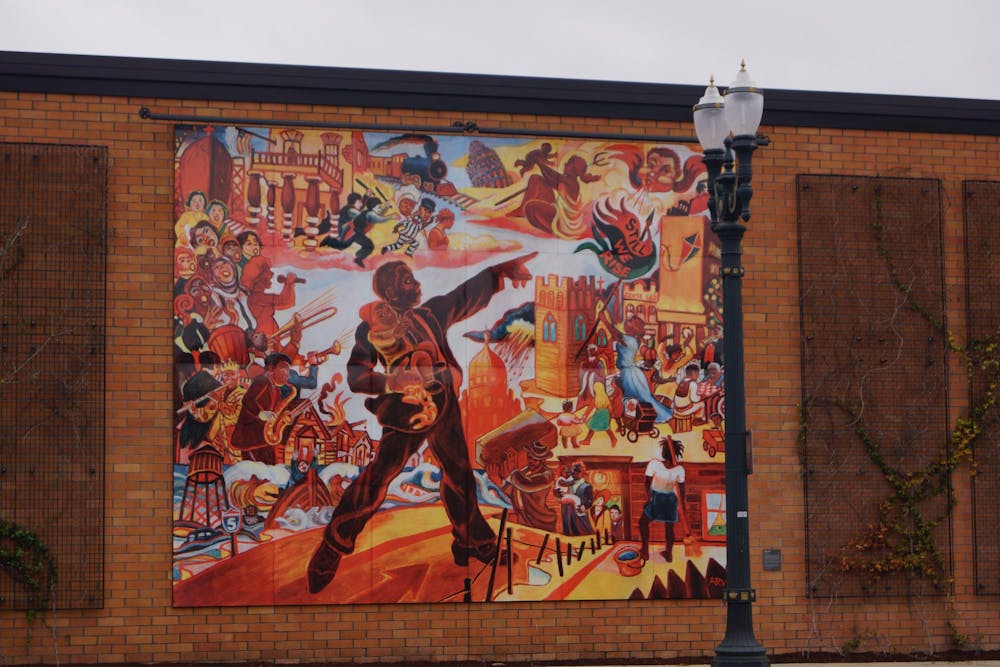
“Every student is located in a place and should know the context of that place,” Brown said. “We live in North Portland, which has historically been an African American neighborhood rich with culture.”
Participants on the trip are connected with local nonprofits and visit Black-owned local businesses. Many students have stayed at the First AME Zion Church — a historic Black church that has been the center of political activism and celebration in Portland. These experiences serve to help UP students gain a deeper understanding and appreciation for Black history and organization in Portland.
The immersion trip also educates participants on ongoing issues affecting predominantly Black communities. One key topic that students learn about and witness firsthand is the ongoing gentrification in Portland.
Gentrification, or the displacement of low-income residents due an increase in a community’s expensive housing and business projects, is an issue that has persisted in Portland for decades. Besides making historically Black communities unaffordable to its original residents, gentrification in North and Northeast Portland has dispersed and broken up tight-knit communities across the city.

“The Civil Rights movement and racial injustice are often thought of as something that happened in the South,” Tyler Wagner, interim director of the Moreau Center, said. “The reality of racial injustice is that it is not just isolated to certain parts of the US.”
Bella Metcalf participated in the immersion after noticing the lack of courses at UP that taught local Portland history. During the trip, Metcalf developed a keener awareness for spotting gentrification in local neighborhoods.
“We looked at the buildings and we could tell there was gentrification,” Metcalf said. “From one street and the next street, you could tell the difference. You don’t have that opportunity when you’re out with your friends getting dinner.”
Black Student Union’s events
While the North Portland Civil Rights immersion is only offered once a year, members of the community can continue educating themselves on Black issues and celebrate Black culture through UP’s Black Student Union (BSU).
BSU often hosts a wide range of events, both celebratory and educational. Besides hosting keynote speakers discussing a wide range of topics, BSU has also hosted their Night of Excellence — an event that honored and celebrated the achievements of Black-owned businesses and organizations.
Olivia Grier, BSU’s vice-president, hopes that the Night of Excellence will be an annual event in order to continue celebrating Black excellence amidst ongoing oppression faced by the community.

“We were trying to highlight things that Black people do to give themselves joy,” Grier said.
In collaboration with Pilots After Dark, BSU will also be hosting their own trivia night on Friday, Feb. 24. Participants can expect a chance to win prizes, and the event will finish off with a lip sync battle.
“We wanted to make it fun,” Grier said. “Things are not good in the world right now, so we want to have fun.”
Anyone interested in participating in more BSU-led events can check out BSU’s Instagram page for more updates and information about upcoming events.
Calls for institutional changes
While there are on-campus opportunities to get involved in celebrating and educating yourself on Black history, many members of the community feel institutional changes must be made. Members of BSU, for example, don’t feel seen and represented in the student body.
“Part of the reason we put on the Night of Excellence was because we felt BSU wasn’t a part of the UP community as much as it could be,” Grier said. “I think it’s because we’re a small population at the school.”
Currently, Black students at UP make up only 2.3% of the undergraduate student population – mirroring the small 5.6% Black population in Portland. Some members believe that UP should do more outreach to support, increase and retain the presence of Black students and faculty in the institution.
“I don’t think you should have Black culture in the absence of Black people,” Ongiri said. “Given that there’s so few Black people in the community, I don’t think much can happen until it transforms to allow Black people to be a part of the community.”
Carlos Moreno-Vega is a news reporter for The Beacon. He can be reached at morenove23@up.edu.



